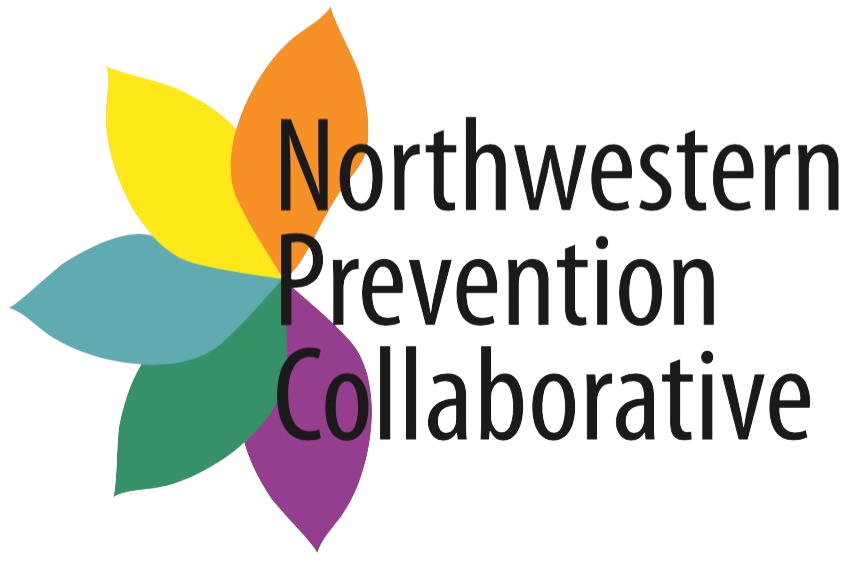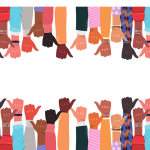In the struggle against the stigma of opioid use disorder (OUD), one of the greatest challenges is the stigma of using medication to recover from OUD. Even some members of the recovery community frown upon the idea of using medication, holding to the idea that only complete and total abstinence is truly recovery. This belief can keep many people from getting the help they need.
As we’ve noted before, there are many roads to recovery [link to article]. Think of a child learning to walk. Some “cruise” along, holding furniture before they walk on their own. A few simply stand up and walk unexpectedly. Recovery isn’t all that much different. Some people can quit “cold turkey,” while others require additional assistance.
The fact is, there is no basis for the idea that someone who is on medication is not truly in recovery. Those who use medication to overcome an OUD are actually more likely to remain in recovery. One study of naltrexone, one of the medications for opioid use, demonstrated a 43 percent return to use versus a 64 percent return to use by those who were not using naltrexone.1
MAT vs MAR
Within the recovery community, Medication-Assisted Treatment or Medication-Assisted Therapy is a commonly used term. However, MAT is not a single-prong approach. Rather, it encompasses therapy to address the underlying emotional pain that led to drug misuse in the first place. It may also include support groups, peer recovery specialists, and other support systems.
But in recent years, some have begun to question the term of “MAT,” seeing it as stigmatizing because it only applies to people who have a substance use disorder. We don’t, for example, say that someone who is taking medication or insulin for diabetes is receiving medication-assisted treatment, even though the medication is just one part of their recommended treatment.

To help address the stigma of MAT, some of the recovery community is trending towards using the term MAR, or Medication Assisted Recovery, instead. This helps to place the emphasis on the recovery process, rather than the medication. That’s important because regardless of what path someone is on, recovery is a day-by-day—and sometimes even a moment-by-moment—journey. By controlling the overwhelming cravings caused by addiction, medication gives the person the clarity and opportunity to be able to focus on daily tasks, relationships, and healing. The end goal is overall health and wellness, regardless of how long that takes.
What About MOUD?
Those within the medical and health industry often use the term “Medications for Opioid Use Disorder,” or MOUD, in place of MAT, especially when addressing the use of medication as a stand-alone approach for addiction. There is increasing scientific evidence that this is a viable approach to recovery; however, the more common approach is to continue to focus on the whole person. The best approach needs to be explored with a medical professional.
The term “MOUD” is sometimes used interchangeably with “MAT,” because the belief is that the term MOUD is less stigmatizing. Regardless of which term is used, the important thing to remember is that medication for opioid use disorder is a life-saving treatment. “…just as it is inadvisable to deny people with diabetes the medication they need to help manage their illness, it is also not sound medical practice to deny people with OUD access to FDA-approved medications for their illness.”1
Sources and Additional Information:
- Medications for Opioid Use Disorder: For Healthcare and Addiction Professionals, Policymakers, Patients, and Families [Internet]. Rockville (MD): Substance Abuse and Mental Health Services Administration (US); 2018. (Treatment Improvement Protocol (TIP) Series, No. 63.) Part 1, Introduction to Medications for Opioid Use Disorder Treatment. Available from: https://www.ncbi.nlm.nih.gov/books/NBK535270/
- Promises Behavioral Health: https://www.promises.com/addiction-blog/why-what-we-say-matters-mat-vs-moud/
- Plymouth County Outreach: https://plymouthcountyoutreach.org/portfolio/moud/#:~:text=The%20term%20%E2%80%9CMAT%E2%80%9D%20implies%20that%20medication%20plays%20a,medication%2C%20often%20coupled%20with%20counseling%20and%20other%20supports.




Comments are closed.